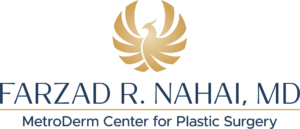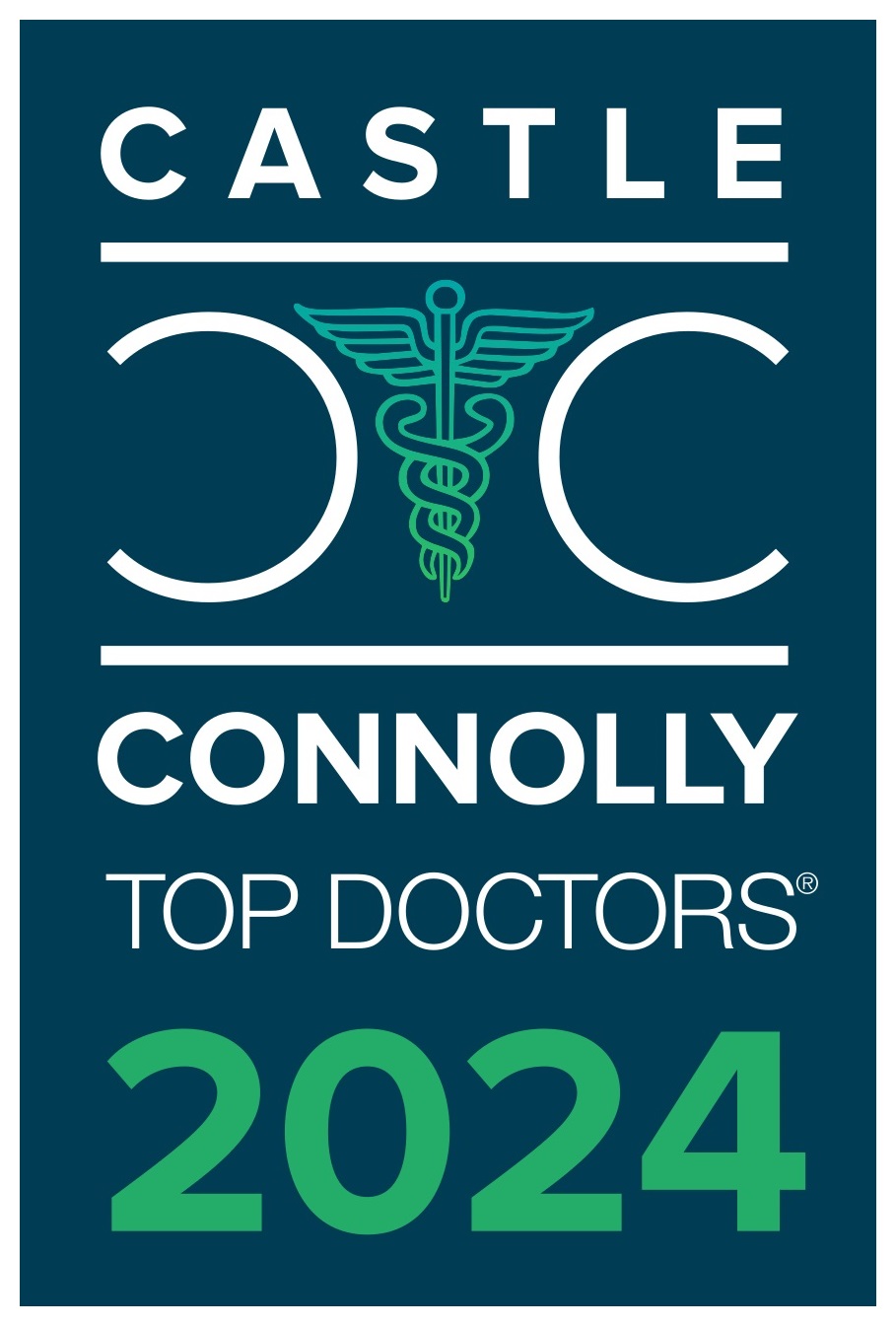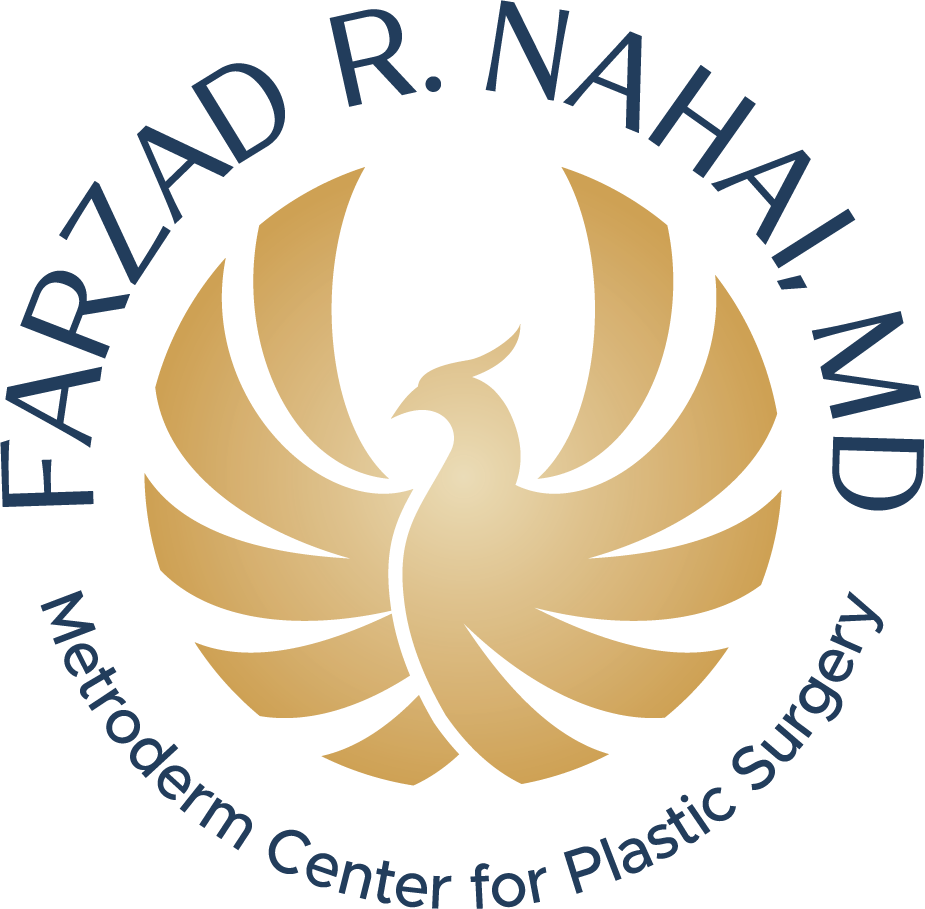POST-SURGICAL CARE
What to expect with your facelift surgery
A facelift is a cosmetic procedure that aims to improve the appearance of the face by removing excess skin and tightening the underlying tissues. To ensure proper healing and avoid complications, it’s important to follow the post-operative care instructions below.
It’s important to remember that everyone’s healing process is different, and the timeline for recovery after a facelift can vary. If you have any concerns about your healing or the appearance of your treated area, it’s best to consult with your healthcare provider for personalized advice. Failure to follow these post-operative care instructions can increase the risk of complications and negatively impact the outcome of your facelift.





